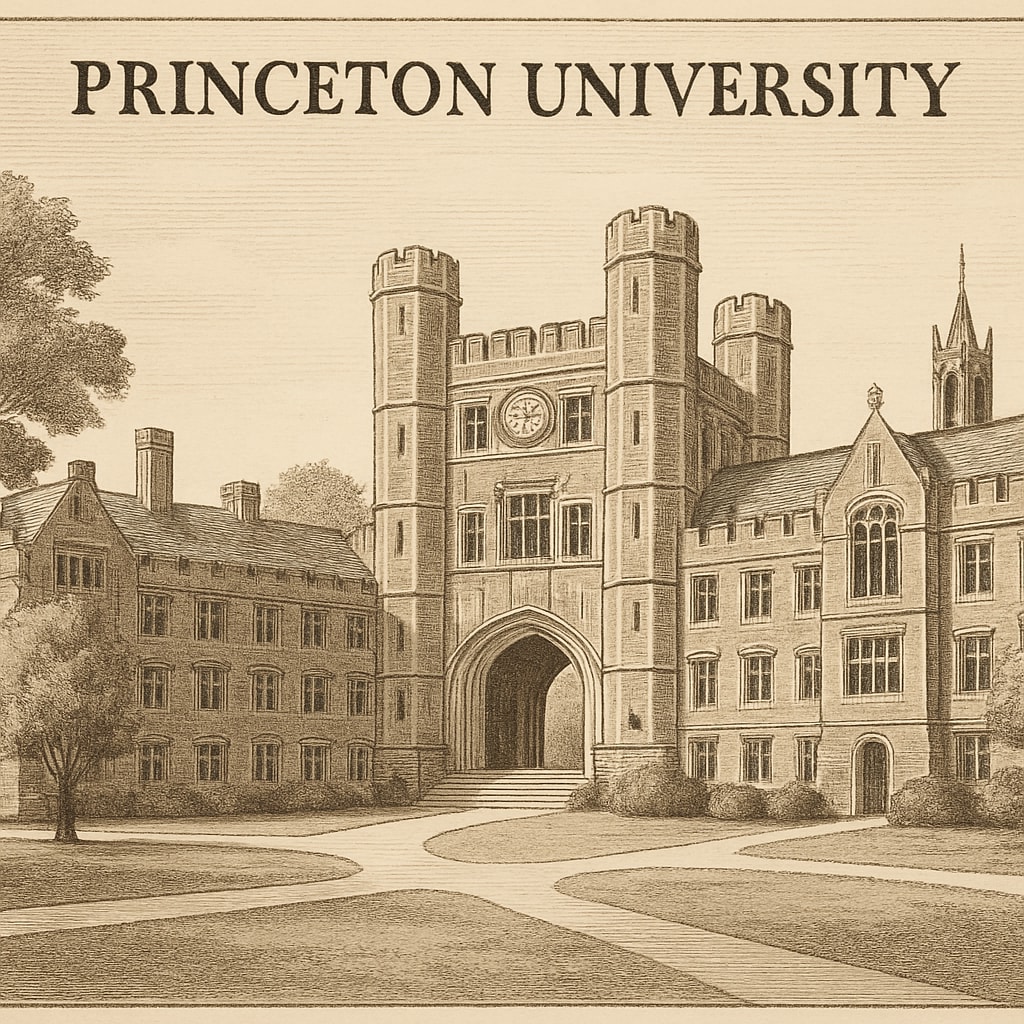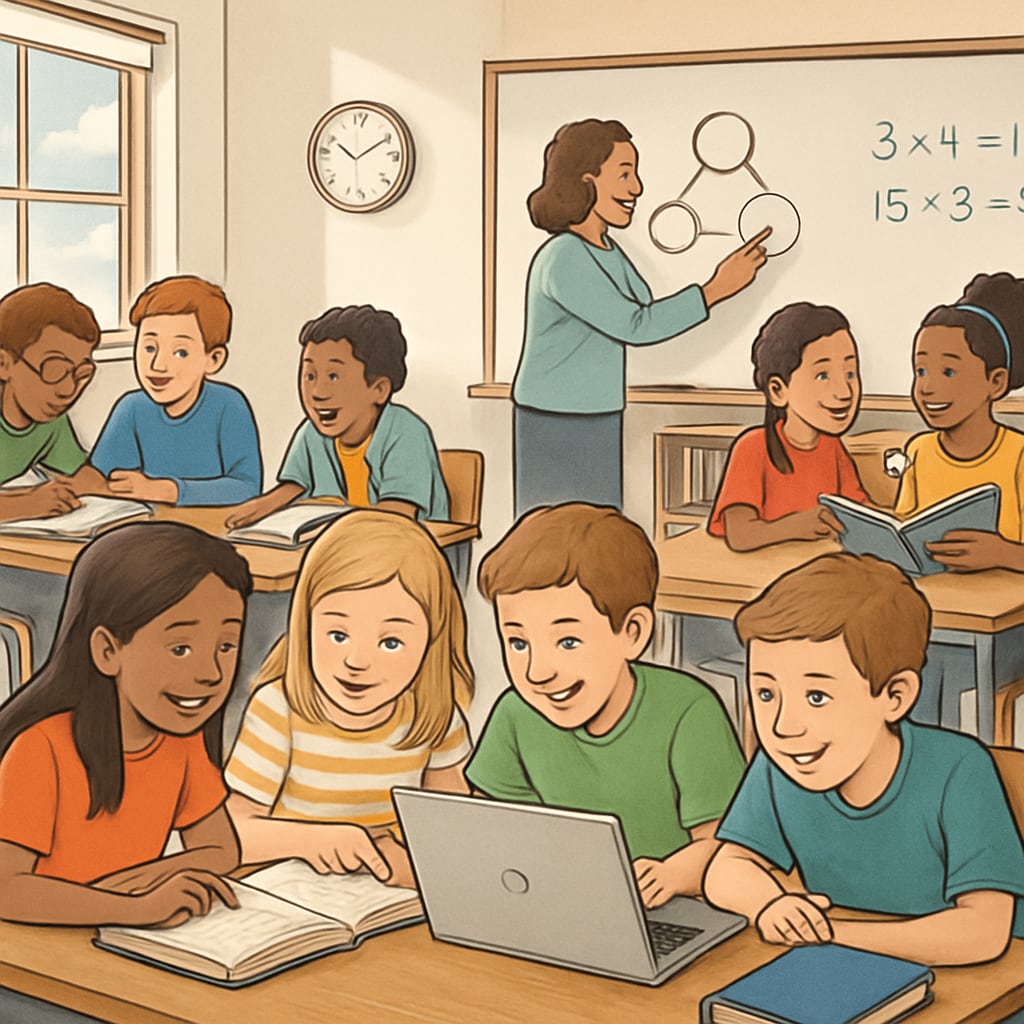Princeton and other Ivy League schools have long been considered the pinnacle of academic achievement and prestige. However, the question arises: have we overestimated their impact and reputation? The societal obsession with elite education institutions like Princeton has led to disproportionate influence, creating an unhealthy fixation that affects students and educators at all levels, including the K-12 system.

The Ivy League Aura: What Lies Beneath?
Since their establishment, Ivy League schools have built a reputation as the ultimate destination for ambitious students. Their alumni networks, historical significance, and academic excellence have contributed to what is often perceived as a “golden standard” in education. However, this uncritical adoration has led to several misconceptions. For example, not all Ivy League graduates achieve extraordinary success, and many non-Ivy League institutions offer equally rigorous education.
In addition, the emphasis on Ivy League admissions creates intense pressure for high school students. As a result, K-12 education systems often prioritize standardized test preparation and extracurricular achievements over holistic learning, fostering an environment of stress and competition rather than intellectual curiosity.
The Problem with Overrating Elite Education
One of the primary issues with overestimating institutions like Princeton is the ripple effect on equity in education. Resources are disproportionately allocated to students aspiring to these schools, leaving many others underserved. For example, public schools in marginalized communities often lack funding for college preparatory courses, which further widens the gap between elite education seekers and other students.
Furthermore, this obsession perpetuates the myth that success is directly tied to attending an Ivy League school. While these institutions undoubtedly offer incredible opportunities, they are not the sole pathway to achievement. Many successful individuals thrive after graduating from non-Ivy League colleges, proving that ambition, resilience, and innovation are not exclusive to elite universities.

Rethinking the Value of Education
It is essential to challenge the narrative that Ivy League schools are the ultimate measure of academic and professional success. By doing so, society can foster a more inclusive and equitable education system. For instance, efforts should focus on improving public schools, diversifying access to quality higher education, and promoting alternative pathways like vocational training and community colleges.
Moreover, educators and policymakers should emphasize the importance of critical thinking, creativity, and emotional intelligence—skills often overlooked in the race for Ivy League admissions. Encouraging students to explore diverse fields and institutions can lead to a more balanced and fulfilled educational experience.
Readability guidance: This article uses short paragraphs, lists key points where possible, and incorporates transition words for clarity. It avoids overuse of passive voice and long sentences to maintain reader engagement.


